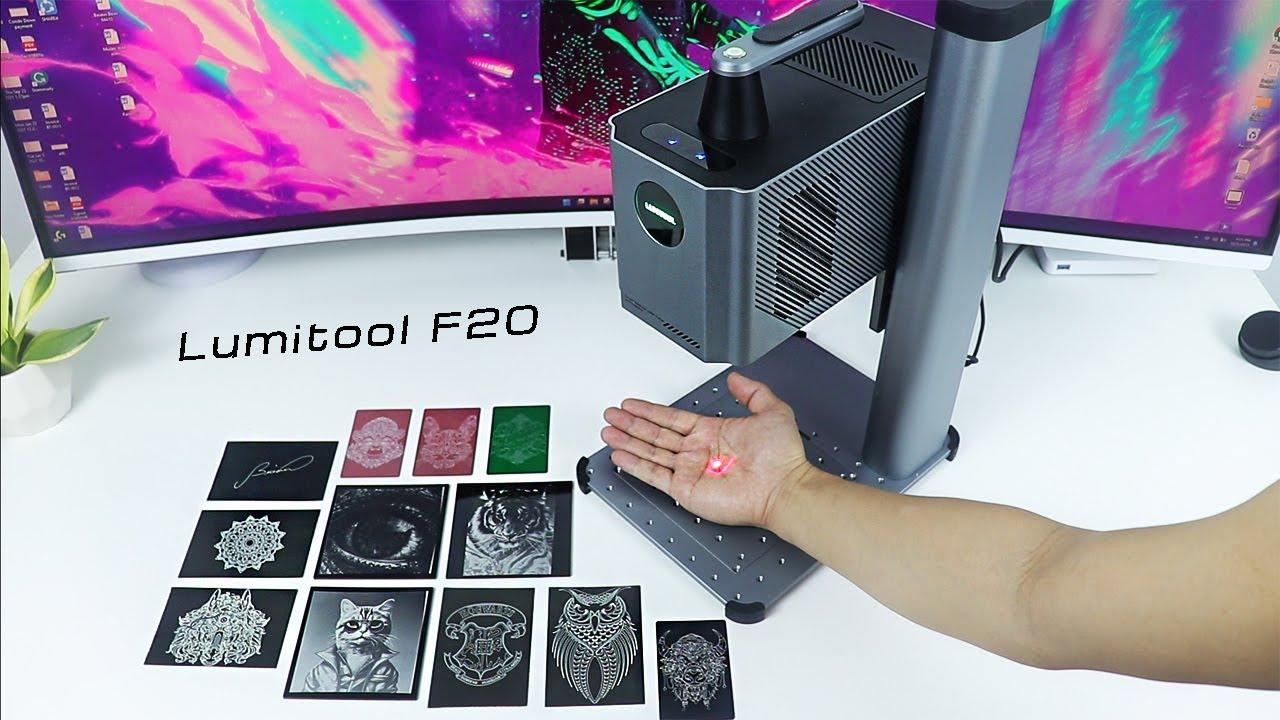Applications of Polyglycerol in Pharmaceuticals and Personal Care
Polyglycerol is a class of non-ionic, water-soluble polyol compounds made by polymerizing glycerol molecules. Known for its excellent emulsifying, moisturizing, and stabilizing properties, polyglycerol is widely used across food, cosmetic, pharmaceutical, and industrial applications. As industries continue to prioritize sustainability and safety, polyglycerol’s bio-based, biodegradable, and non-toxic profile makes it a highly attractive alternative to traditional synthetic additives.
Read More: https://www.marketresearchfuture.com/reports/polyglycerol-market-5319
The most common forms of polyglycerol include diglycerol, triglycerol, and higher polymers like polyglycerol-10, which differ in the number of glycerol units they contain. These molecules can be further modified through esterification with fatty acids to create polyglycerol esters (PGEs)—widely used as emulsifiers and surfactants.
In the food industry, PGEs are approved for use as emulsifiers (designated as E475) in products such as margarine, ice cream, baked goods, and non-dairy creamers. They help stabilize emulsions, improve texture, and enhance shelf life. Unlike many synthetic emulsifiers, PGEs derived from polyglycerol are considered safe for consumption and suitable for clean-label formulations.
Polyglycerol is also highly valued in cosmetic and personal care products. It acts as a natural humectant and skin-conditioning agent in lotions, creams, and cleansers. Its non-irritating, non-sensitizing nature makes it ideal for sensitive skin and baby care formulations. Furthermore, polyglycerol esters are used in makeup and sunscreens to enhance spreadability and moisture retention.
In pharmaceutical applications, polyglycerol is used as an excipient to improve drug solubility and delivery. Its water solubility and biocompatibility support the development of safer, more effective formulations, especially in oral and topical medications.
Polyglycerol also finds utility in industrial processes, including lubricants, plastics, and surfactants. It provides thermal stability, lubrication, and moisture control, making it useful in eco-friendly coatings, printing inks, and biodegradable plastics. As a hydrophilic polymer, it is also being researched for use in hydrogels and biomedical devices, particularly in drug delivery systems and tissue engineering.
One of polyglycerol’s biggest advantages is its sustainability profile. It is derived from glycerol—a byproduct of biodiesel and soap manufacturing—making it both renewable and cost-effective. Additionally, its low toxicity and excellent biodegradability align well with environmental safety standards and green chemistry principles.








